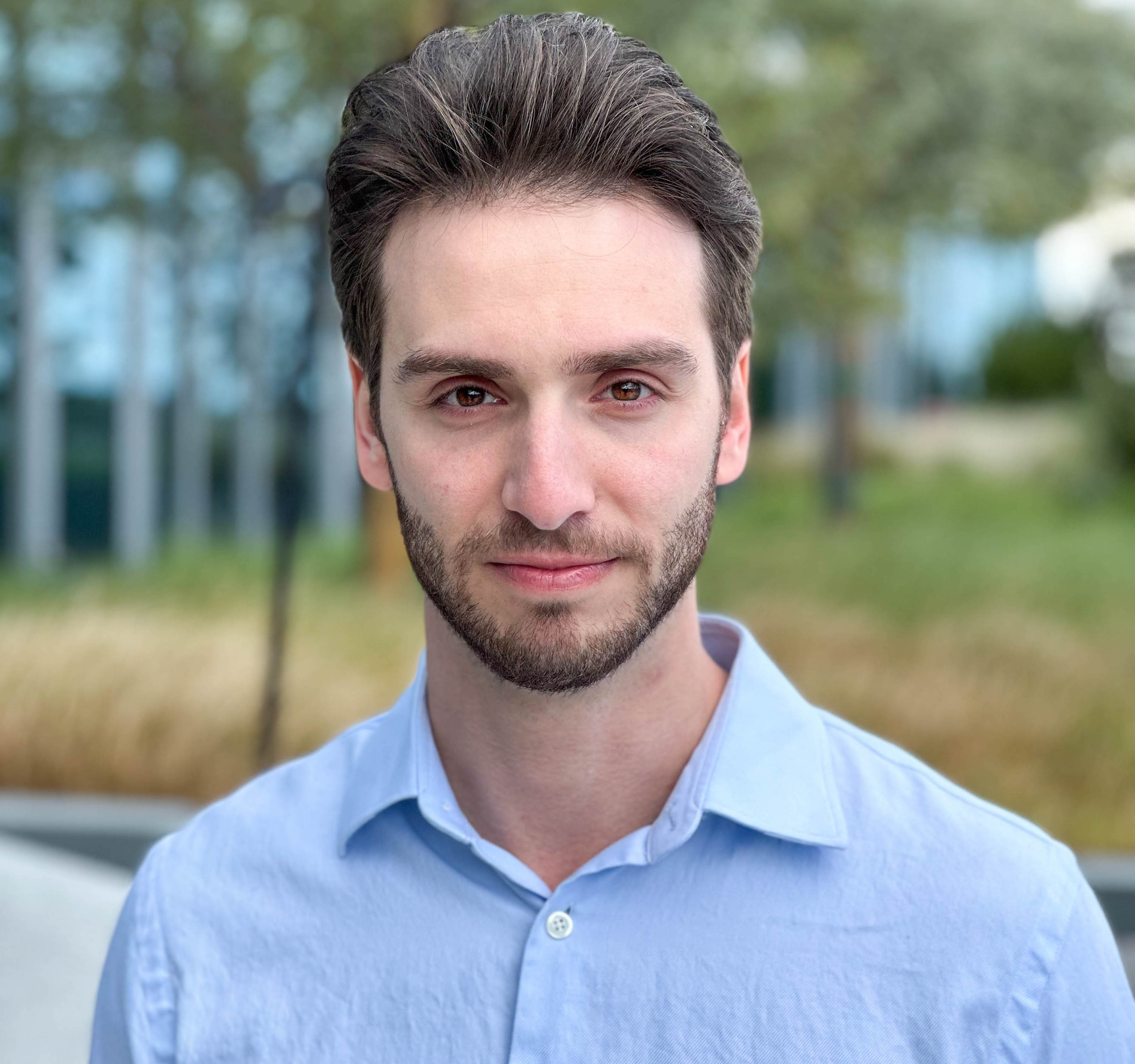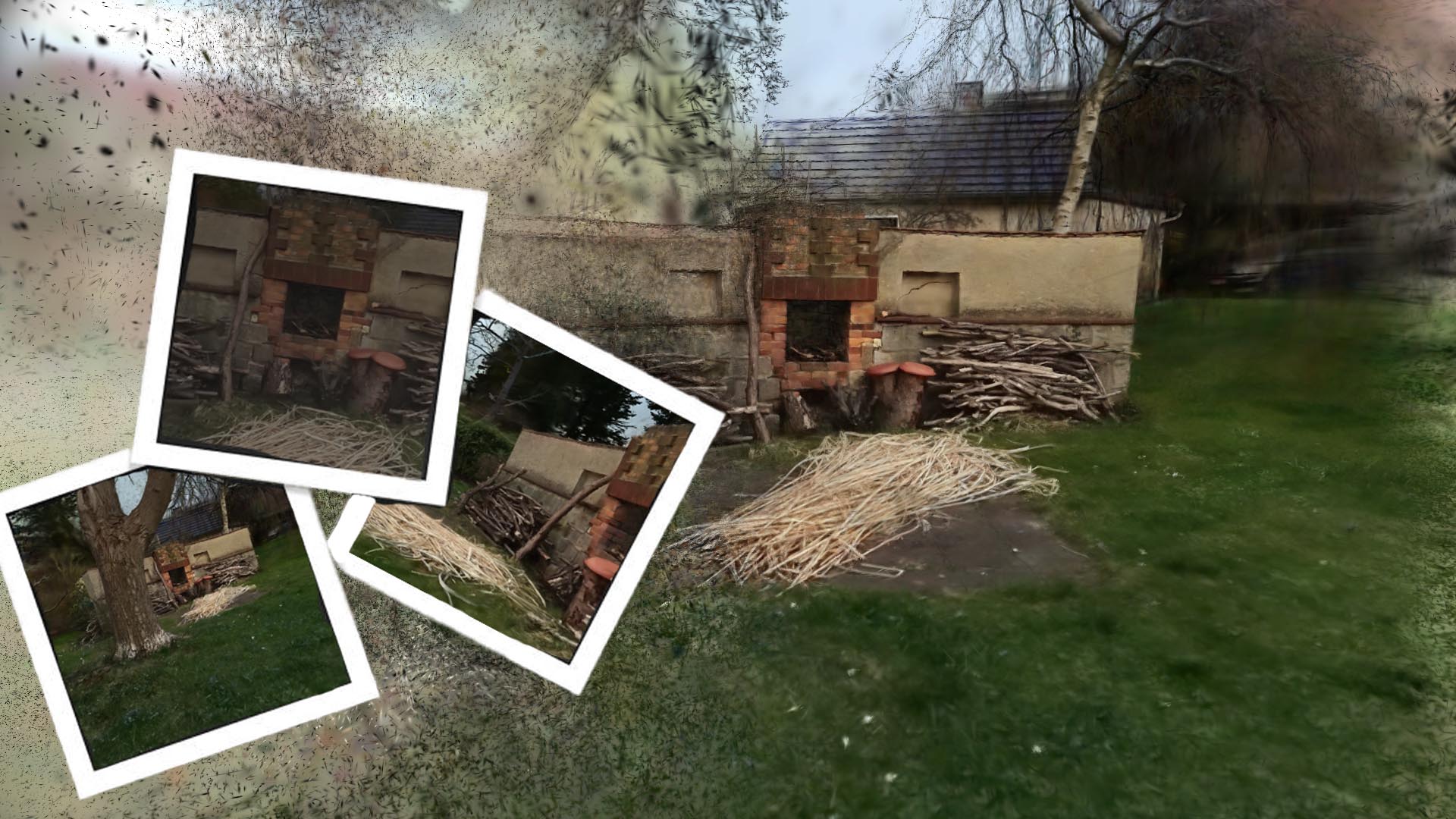

Michael Rubloff
Jun 7, 2024
Just in time for your weekend, Ruilong Li and the team at Nerfstudio are bringing a big gift: the unveiling of gsplat 1.0. gsplat powers Nerfstudio's homegrown implementation of Gaussian Splatting.
Get ready for some exciting features.
First, GPU memory is being cut by up to four times! Yes, that means that Gaussian Splatting is becoming even more accessible to people with smaller VRAM allotments.
Secondly, training speed is doubling. The standard gsplat now takes roughly ~ five and a half minutes to train to 7K steps and 36 minutes to 30K.

Additionally, Gsplat is primed to be able to handle very large radiance fields, now with the ability to support hundreds of millions of Gaussians. Paired with the VRAM reduction, this is a very exciting feature!
Ruilong was one of the authors of NeRF-XL, so it shouldn't be a surprise to anyone that such large scale captures are now feasible.
Rounding out the features are batch rasterization, N-D feature rendering (faster), depth rendering, sparse gradient, and more!
There are quite a few companies that are using a fork of Nerfstudio to power their implementation, such as Polycam, but fear not! They've made it easy to update to 1.0 and should not disturb user's workflows. For more information, they've created documentation to reference.
Additionally the Gsplat 1.0 launch will also match Nerfstudio's Apache 2.0 license, making it feasible for commercial use.
Enjoy the weekend!
Trending Articles
- TRENDINGLoading...
- TRENDINGLoading...
- TRENDINGLoading...








